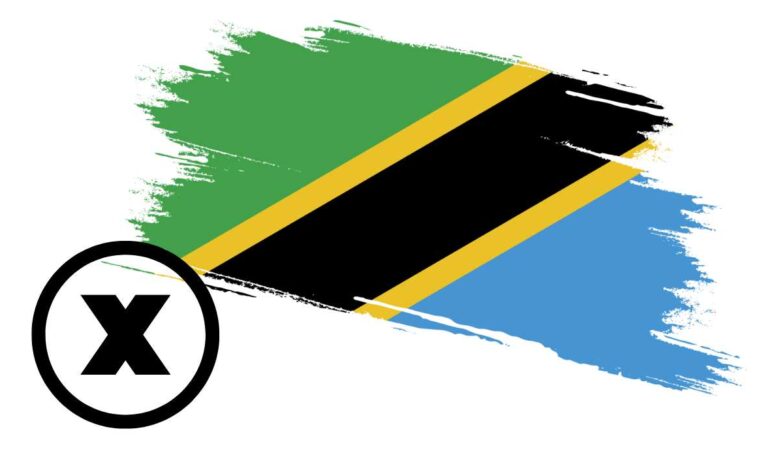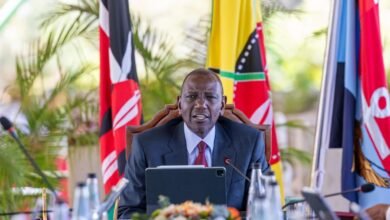
In a significant development affecting digital freedom, X (formerly known as Twitter) has been blocked across multiple internet service providers (ISPs) in Tanzania. This action coincides with rising political tensions, as police reportedly issued an alert over alleged plans by opposition parties to raid police stations where political prisoners are being held.
The internet monitoring group, NetBlocks, confirmed the widespread restrictions on X, reporting that key features such as the Image Content Delivery Network (CDN), Mobile API, and Photo/Video Upload have been rendered inaccessible across the nation.
Tanzania ISPs and Services Affected
The block impacts major Tanzanian ISPs, including Vodacom, Halotel, Airtel, TTCL, and Tigo. NetBlocks’ data indicates that the reachability of X on these networks has been severely restricted, making it difficult for users to access or use the platform. Vodacom, one of the largest ISPs in the country, has reported a complete shutdown of X-related services. Similar disruptions have been observed on other ISPs, including Halotel, Airtel, TTCL, and Tigo.
Political Context
The timing of the block is linked to a police alert concerning alleged plans by opposition parties to free political prisoners. This raises concerns about the suppression of political dissent and the restriction of freedom of expression in Tanzania. By blocking X, the government appears to be attempting to limit communication and the spread of information regarding these developments.
Tanzanian activist Maria Sarungi Tsehai has drawn attention to the ongoing detentions of several individuals described as political prisoners. In a social media post, Tsehai shared images of the detainees, urging the public to spread the message across all available platforms. The post lists the names of those detained, including Jacob Mlay, Chaula, Frank Mbise, Dioniz, and Deusdedith Soka, using hashtags like #FreeThemAll and #FreeDeusdedithSoka to rally support.
A similar situation occurred in Kenya during the June 25th protests against the Finance Bill 2024, where major internet disruptions were reported across the country. Despite local telecommunications companies attributing the outage to a fiber cut, international monitoring organizations like NetBlocks confirmed that it was, in fact, an internet shutdown. This move was widely perceived as an attempt to stifle communication and hinder the coordination of protests, drawing criticism from both domestic and international observers.
International human rights organizations and digital rights advocates have voiced concerns over this development, viewing the block on X as an attack on freedom of speech and access to information. The move could lead to increased scrutiny from global watchdogs and might impact Tanzania’s relationships with international partners who prioritize democratic principles and human rights.
Conclusion
The blocking of X in Tanzania highlights a troubling trend of digital repression. As the situation develops, it remains to be seen how the Tanzanian government will respond to potential international pressure to restore access to the platform. For now, Tanzanians are left without access to one of the world’s most prominent social media platforms, raising important questions about the future of digital rights in the country.






